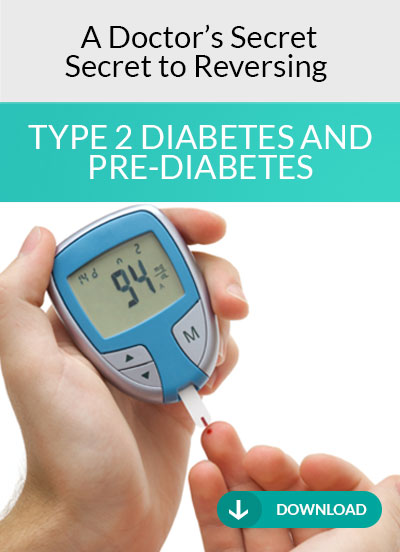
The first time you hear about coffee enemas can leave you feeling confused and a little weirded out. But the truth is, coffee enemas have been associated with the following benefits:
- Pain relief
- Increased energy
- Depression relief
- Improved mental clarity
- Reduce die-off symptoms during detoxes
- Helping eliminate parasites
- Helping improve digestion
- Helping improve liver and gallbladder function
- Helping stimulate the vagus nerve and brain function
These qualities can make regular coffee enemas a boost to managing autoimmune Hashimoto’s hypothyroidism.
Enemas have been used therapeutically since 1500 BC. Coffee enemas, however, have been used in medical settings since around the 1920s. They were once so accepted that the Merck Manual of medicine listed them as a treatment until 1977 — they were removed simply due to lack of room in the manual.
How Coffee Enemas May Help When You Have Hashimoto’s hypothyroidism
Modern life is stressful and toxic and hard on our bodies. Toxins are now in our air, water, food, and everyday products we use.
The liver is a primary detoxification organ and it is overwhelmed in many people today, which contributes to inflammation and autoimmune disorders such as Hashimoto’s hypothyroidism.
The liver metabolizes many toxins and eliminates them in bile first through the gallbladder and then the colon. Bile is recycled by the liver up to 10 times. With today’s toxic burdens, this system can become over burdened.
Coffee Enemas Can Support Detoxification in People with Hashimoto’s hypothyroidism
Coffee enemas have long been known as a tool for detoxification:
- Liver Detox: Many people these days have sluggish liver and gallbladder function and thick bile. Caffeine from a coffee enema dilates the liver’s bile ducts, helping eliminate toxins from the liver.
- Blood and Colon Detox: The lower large intestine absorbs liquids from waste in the colon. It is here where coffee is absorbed and goes to work. Coffee contains palmitic acids that travel from the large intestine to the liver through the portal vein system. These palmitic acids are believed to boost the production of glutathione, the body’s most powerful antioxidant. Your body’s blood supply passes through the liver every three minutes. Because a typical coffee enema last about 15 minutes, this antioxidant boost helps eliminate toxins, cleanse the blood, and prevent the recycling of toxic bile.
- Improves Tone of the Colon and Motility: It is believed a compound in coffee called theophylline dilates blood vessels in the large intestine, thus boosting blood flow and improving muscle tone and motility. This can help people with constipation and sluggish digestive function.
- Improves Vagus Nerve and Brain Health. Believe it or not, coffee enemas can boost your digestive health by improving your brain health. The act of holding the enema stimulates the vagus nerve, a large nerve that runs between the organs and the brain. This in turn not only helps improve brain health, but also improves overall digestive health and function through improved gut-brain communication. The coffee also stimulates cholinergenic receptors, which support contraction of the gallbladder and intestinal muscles.
Does a Coffee Enema Cause a Coffee Buzz?
While the palmitic acid and other helpful nutrients from coffee travel to the liver, the coffee stays in the lower colon until it is eliminated and typically does not generate a coffee buzz. Most people who get too jittery from drinking coffee feel fine after a coffee enema, if not more relaxed and calmer (probably because of the vagus nerve stimulation). However, people who are fragile and have Hashimoto’s hypothyroidism should start with a very diluted coffee solution and perform the enema in the morning in case it overstimulates their system.
How do you perform a coffee enema?
Ask my office for directions on how to perform a coffee enema. We can guide you in how to get started to help make the experience successful. If you’re like most people, you’ll come to enjoy the benefits of coffee enemas as part of your Hashimoto’s hypothyroidism protocol.
Board Certified in Integrative Medicine
Certified Functional Medicine Practitioner
Institute for Functional Medicine Certified Practitioner






